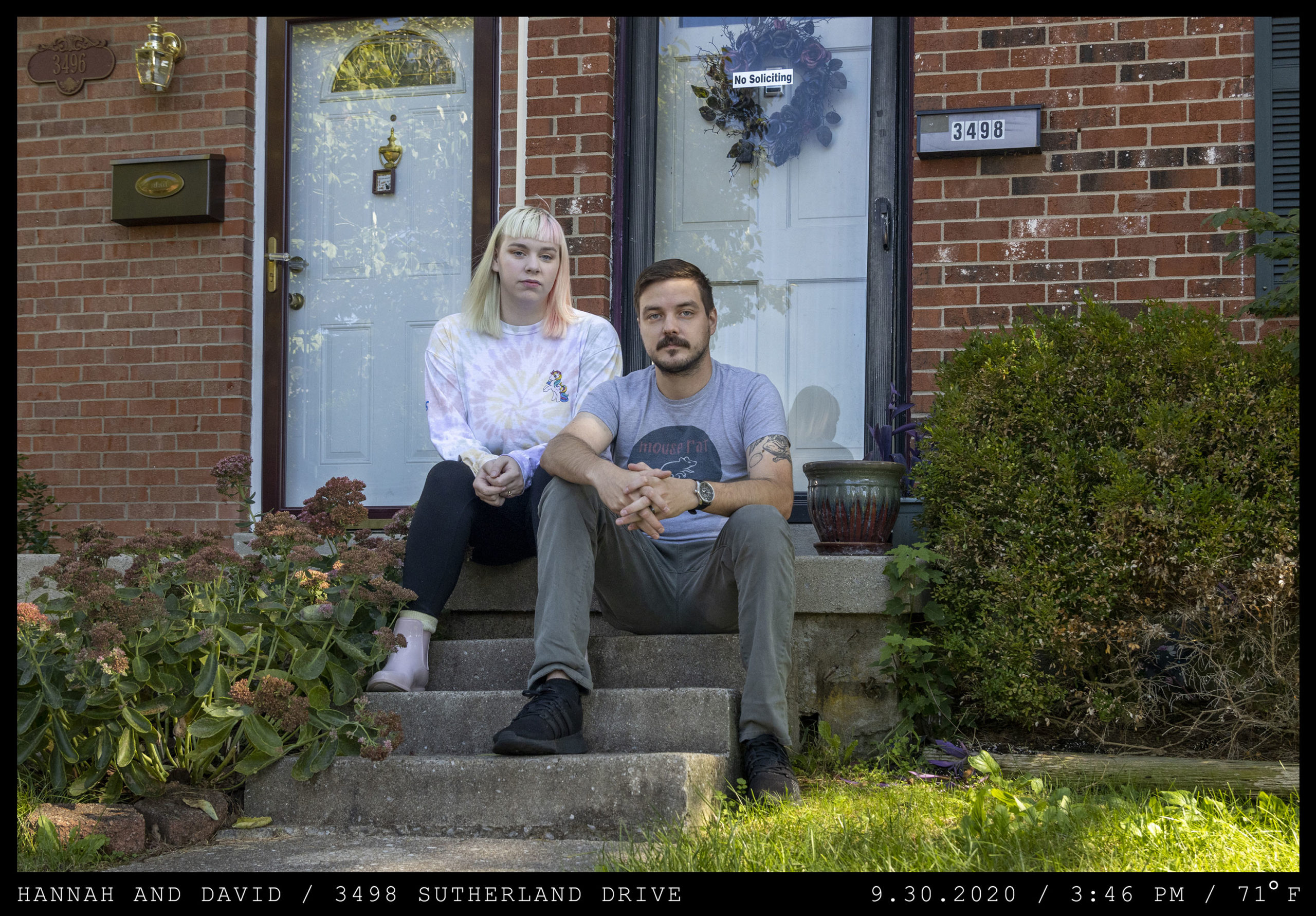Hannah: “When I first took a Percocet, I was mostly ignorant about the opioid crisis. As a teenager, I had done my fair share of experimentation and never developed a dependency to one particular thing, so I had the delusion that maybe I was the exception. The exception to that ‘Not even once’ rule we learn so young.
The first few times I took them, it was nice but I didn’t feel any sort of need. I was, however, in a relationship with a person who did. His urgency and frequency of use pushed mine, and eventually I fell into a two-year trap. I pawned things that I loved, picked up extra hours at work, spent my rent money, anything that I had to do. Eventually we had to move out of the first place that I had ever lived in independently.
The beauty and the danger of opioids is that it is an instant fix. Not a long term fix, just an instant one. They fix your worries about your living situation, about your lack of progress in life, about your abusive relationship (that you would have sworn wasn’t really that bad, but it was). They fix your insomnia, your anxiety, your mood swings, your feelings of instability. They fix the very problems that they cause. There is a catch though. The catch is that they only fix these things for a few hours. That as soon as the feeling is gone, those things pile up and become even harder to handle than they were at the start. They amplify them, and make you feel out of control. You no longer have the ability to cope, because they are now your only coping mechanism. And on top of that, you feel sick. So sick, and it’s like having the flu and knowing that there is something that can make you feel better instantly. You take it. The cycle repeats.
Then, some people I know switch to needles. This is scary, but also provides a disturbed sense of comfort because at least my situation isn’t that bad. Then people I know start dying. It’s getting scary, but the idea of quitting still seems scarier somehow. The idea of having to deal with two years’ worth of suppressed issues is terrifying, and I don’t want to be sick. However, when a close friend dies I get a wake-up call. Yes, he was much worse off than me, but he started somewhere. I realize these drugs are not only dangerous, but they are keeping me complacent with a situation I would never have otherwise accepted. I stop.
Now I have to start the process of learning healthier coping skills. Learning how to deal with all of the things that I refused to acknowledge. Learning to stomach the guilt of ever having developed a problem with these drugs, and the idea of how let-down people would be if they knew. I have to learn how to be happy without the assistance of chemicals. I have to make a plan to progress, because so much time has been wasted. I end my relationship and cut off friends who may present me with temptation. I have to accept the loss of so many well-meaning friends that I neglected while caught in this trap. It almost feels like starting over. It is starting over.
Even now, talking about it, admitting it, is scary. It feels like it could be used against me. It feels like people may see me differently because I was oh so good at hiding it, and they probably never even knew until now. I acknowledge the fact that people may look at me differently. Admitting to being a drug abuser, either in the present or in the past, makes you feel dirty. But it shouldn’t. I know that getting through this has made me stronger. It has made me self-reflect, be more aware. The only thing left is the heaviness I feel when thinking about everyone who didn’t make it, or anyone who is still struggling. I want them to know that it is possible to stop. It is possible to triumph over this monster that creeps up and sinks in its claws. I wish there was a way to make them love themselves enough. To let them know that they are worth recovery, that it is possible. I want them to know that I see them. I love them.
David: “I grew up in Ashland, Kentucky, and experienced the opioid crisis first hand. I have buried friends and family members alike and I know I will have to bury more before this crisis is over. I just want anyone who is suffering to know that there are people who love you. There are people who will help, you just need to reach out.”

